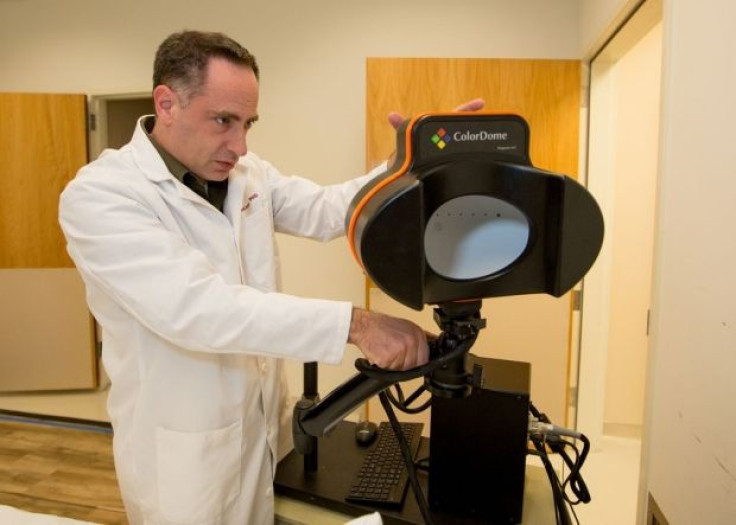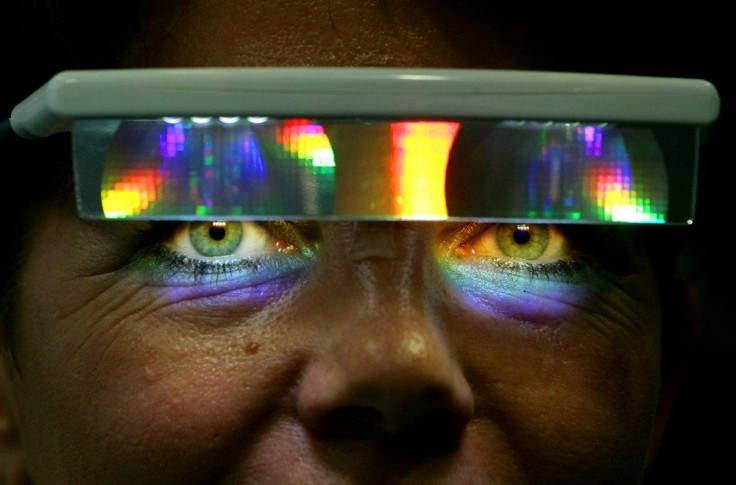Stanford scientists developing sleep mask with LED lights to beat jetlag

By exposing a person crossing time zones to a two-millisecond flash of light every 10 seconds, it would advance by an average of almost 120 minutes a person’s internal clock. That would be a way to help a traveler address problems caused by jetlag.
However, since most travelers do not have the luxury of time of spending a night in a lab for exposure to flashes of light before a flight, Stanford University scientists are developing a sleep mask with LED lights that can be programmed using a smartphone, reports The Economist.
“This could be a new way of adjusting much more quickly due to time changes than any other methods in use today,” says Dr Jamie Zeitzer, assistant professor of psychiatry and behavioural sciences at Stanford and senior author of the study, published online on Feb 8 in the Journal of Clinical Investigation.
The researchers were experimenting with how exposure to continuous light change the body’s circadian rhythms. However, exposing the body to continuous light adjusts its internal clock by only 36 minutes. The two-millisecond exposure was better because exposing the body to it an hour while sleeping in the morning fools it into thinking the sun was up three hours earlier.

Flashing lights work better than continuous lights because cells in the retina that transmit the light information to the circadian system continue to fire for several minutes after the stimulus, which is the flashing light, even though it is no longer there. Zeitzer adds that gaps of darkness between the light flashes permit the eye’s pigments that respond to the light to regenerate, going from an inactive form, which cannot respond to light, to an active form.
According to sleep researchers, for every one-hour time change, the body takes one day to adjust. That means a person who would fly through three time zones, for example from London to Moscow, would need three hours to adjust to Moscow time.
If that traveler’s business trip was just for two to three days, it would mess up the person’s sleep time because by the time the body has adjusted to the local time, the traveler has to pack up bags and return home or move to another time zone, which both requires another period of sleep adjustment.






